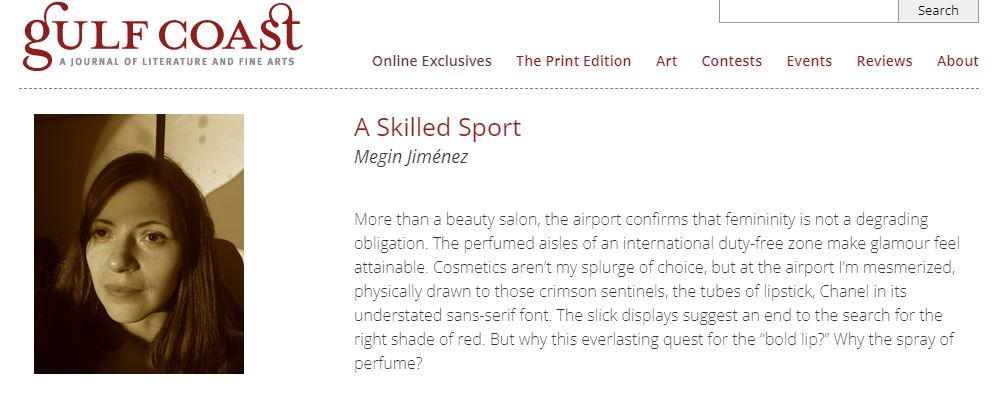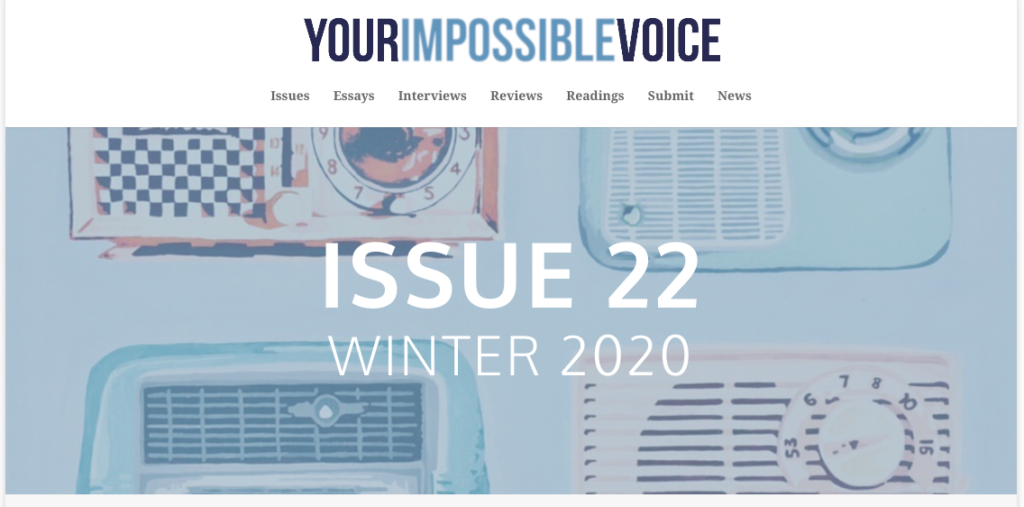Essays are a relatively new genre from me, so I was thrilled when Gulf Coast Online recently published an essay I wrote last year, on femininity, the Latin woman stereotype, sexual harassment, lipstick… Check it out here.
Reading on Thursday, March 11
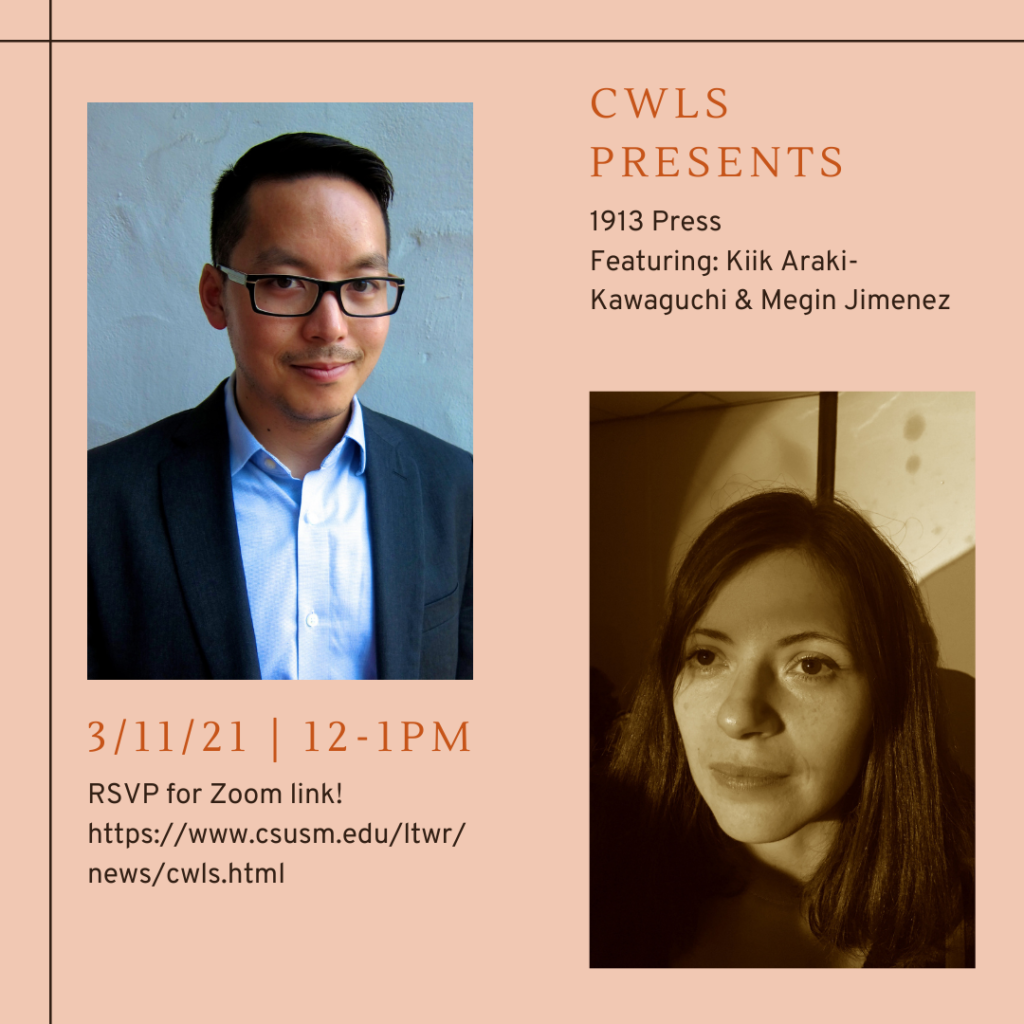
I’m looking forward to this reading and chat at CSU San Marcos with fellow 1913 Press poet Kiik Araki-Kawaguchi.
Thursday! 12pm California time, 3pm EST, 9pm Amsterdam!
Everyone is welcome!
Zoom link here: https://csusanmarcos.wufoo.com/forms/z3u836m1tm3mae/
Review of We Need to Talk: A Memoir About Wealth by Jennifer Risher
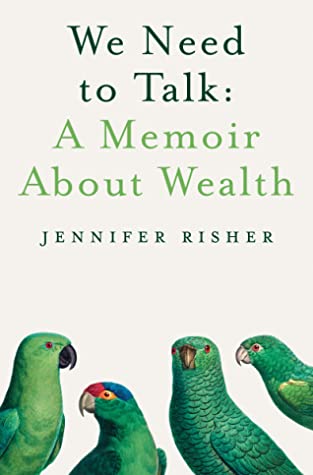
My latest review for the Chicago Review of Books, of a memoir by a tech multi-multi-millionaire on grappling with her own wealth. My nominee for the “Lady, Read the Room!” Award for 2020. Check it out here.
2019 Reading Round-Up: Poetry Interlude
I am not so systematic about poetry, either reading or writing about it. But I don’t want to exclude poetry from my list, so below a few highlights from last year in no particular order.
Exciting discovery of the year:
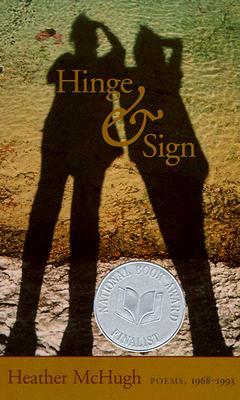
Hinge & Sign: Poems, 1968-1993 by Heather McHugh (Wesleyan University Press, 1994)
My first encounter with McHugh. I immediately connected with this book of her selected work, which is such a rare and amazing thing with a book of poems. Here are a bunch at the Poetry Foundation site.
Origin: Bruised Apple Bookstore in Peekskill, NY, an old school huge used book and record store in a cozy spot.
On the mysteries of the feminine:
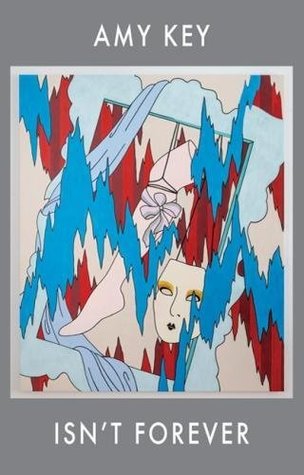
Isn’t Forever by Amy Key (Bloodaxe Books, 2018)
Playful and varied with form. Unapologetically feminine, melancholy, charming, lush poems by young British poet Amy Key. Read a few here.
Origin: Lent to me by my poet friend Lydia Unsworth (thank you, Lydia!), and then I purchased a copy of my own directly from Amy via Twitter!
For comforting long poems:
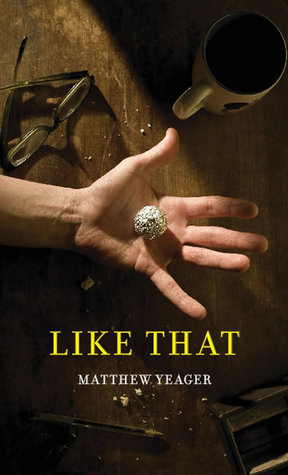
Like That by Matthew Yeager (Forklift Books, 2016)
I was missing my friend Matt, and reading his book again was a nice substitute for hanging out. These are funny, American, soulful, exuberant, ambitious. Poems by Matt here.
Origin: Gift from the poet.
Short & dark poems:
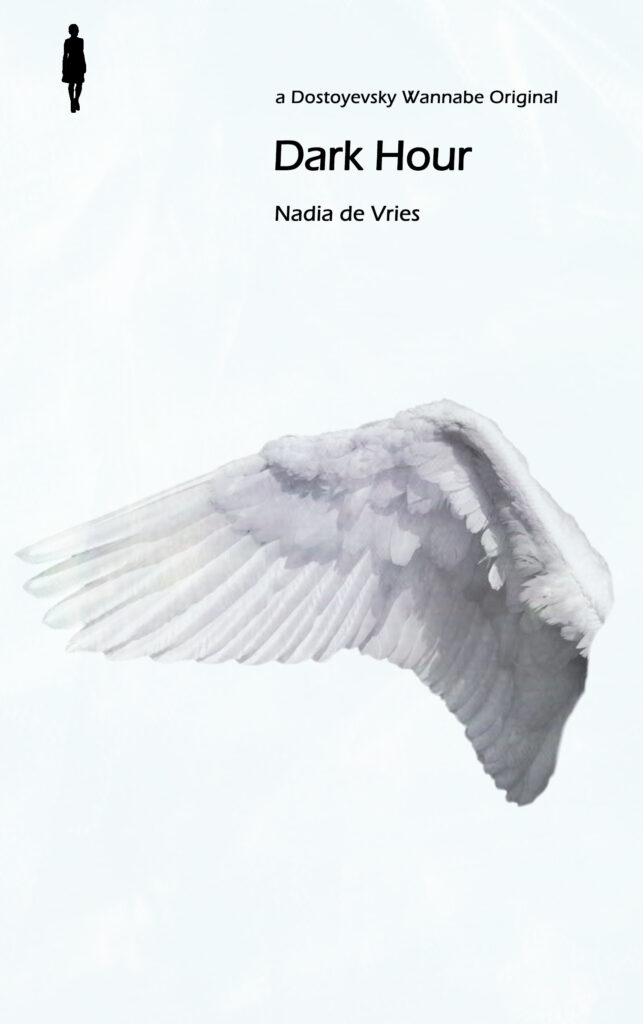
Dark Hour by Nadia de Vries (Dostoyevsky Wannabe, 2018)
Poems like a shot of espresso. Epigrammatic & ironic. Published by an enterprising UK-based press.
Origin: A swap with the lovely Amsterdam-based author.
Unexpected tropical, cheeky haikus:
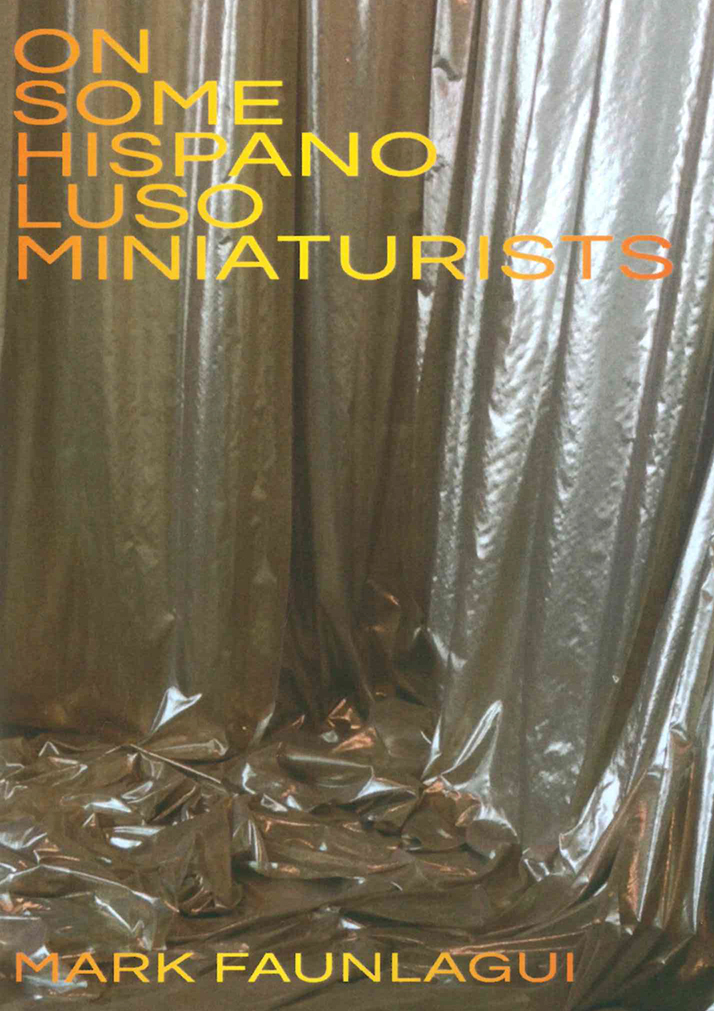
On Some HispanoLuso Miniaturists by Mark Faunlagui (1913 Press, 2018)
Aware of sensual pleasures – food, sexual attraction, the new sensations of travel – but understated.
Origin: A gift from my generous publisher, 1913 Press.
Language equivalent of a spiritual retreat:
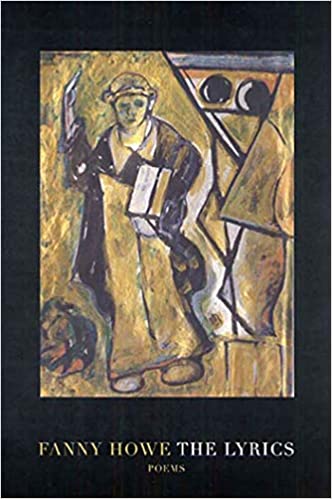
The Lyrics by Fanny Howe (Graywolf Press, 2011)
With some undivided attention, Fanny Howe’s poems will deliver you to a contemplative state. She is a pilgrim, wanderer, seer.
Origin: Purchased somewhere in NYC many years ago.
Chapbooks/Pamphlets
It took me this long to learn that the Brits call chapbooks “pamphlets,” which sounds a bit flimsy to my ears (I think of a pamphlet on preventing STDs), but who knows, maybe in a few years it will be rolling of my tongue like “queue” for line and “lift” for elevator do know, to my embarrassment…
These were all chapbooks that came in to my orbit last year, all by poet friends residing in the Netherlands:
Say cucumber by Lucia Dove (Broken Sleep Books)
I Have Not Led a Serious Life by Lydia Unsworth (above/ground press)
Grief Is the Only Thing That Flies by Laura Wetherington (Bateau Press)
2019 Reading, Part III
15. Peggy Guggenheim: Mistress of Modernism by Mary Dearborn (Virago Press, 2004)
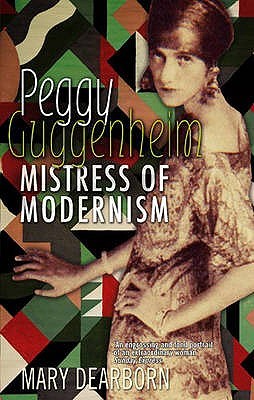
A sympathetic biography of Peggy Guggenheim, who was certainly smarter and suffered more than anyone gives her credit for. An amazing life filled with giants of the 20th century: she received moral support from Emma Goldman when deciding to leave her abusive first husband, had intense affairs with Samuel Beckett and Max Ernst (etc.), and a deep, complicated friendship with Djuna Barnes, among many others. Dearborn is perhaps too sympathetic at times, glossing over Guggenheim’s difficulties being a mother to her troubled daughter Pegeen, and not delving too deeply into her sexual compulsions. (I think Peggy’s often unfairly derided for her active sex life, when in a figure like Jackson Pollock it’s depicted as a sign of power and vigor, but this did veer into compulsive behavior, by her own admission. Dearborn attributes the bad press to Guggenheim’s own outrageous autobiography, which she sees as a mistake in some ways.) Fair enough, Dearborn is seeking to tip the scales of history more in Guggenheim’s favor, and perhaps felt she had to overcompensate a bit, given the reams of bad press over time…
Provenance: Impulse buy at the gift shop at the Guggenheim Museum in Bilbao
16. Kiki’s Memoirs by Alice Prin, trans. (Ecco, first published 1929)
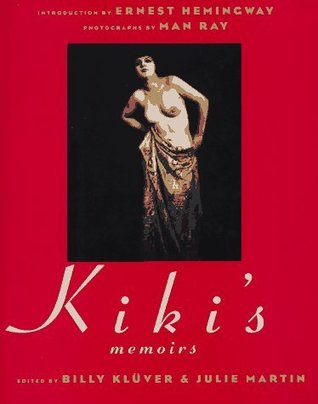
I’ve long been intrigued by Kiki of Montparnasse (born Alice Prin), who was muse and model to many artists in 1920s Paris, most notably Man Ray, and generally the life of the party (Queen of Montparnasse). This is a translation of her memoirs, published in 1929 when she was still young. (The original hipster snob Hemingway says in the introduction that it’s a crime not to read them in French, and undoubtedly her voice must be much distinct and charming en francais.) She tells of her poverty-stricken origins in the country, and surviving many difficult jobs in Paris before finding her home in bohemia. She comes off as self-deprecating, resilient, and fun. This edition includes lots of photos and Kiki’s own paintings.
Provenance: Ordered from Better World Books
17. Little Labors by Rivka Galchen (New Directions, 2016)
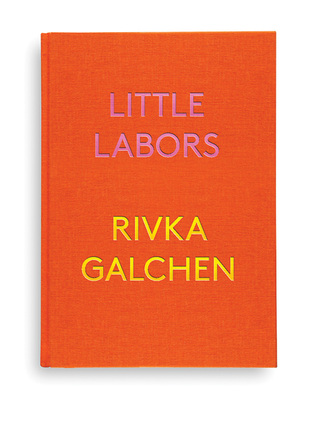
A slim, sort of uncategorizable book, inspired by Shei Sonagon’s The Pillow Book. Written in snippets, Galchen documents her daughter’s babyhood and new motherhood, mixed with musings on babies in literature, awkward encounters with her neighbor, etc. A fun read. I love an uncategorizable book.
Provenance: Van Stockum bookstore in Leiden (RIP)
18. My Year of Rest and Relaxation by Ottessa Moshfegh (Jonathan Cape, 2018)
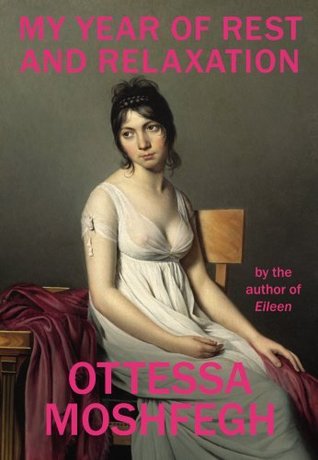
I was impressed by how Moshfegh pulls off the conceit: a beautiful, wealthy intelligent depressed young woman decides to drop out of life and spend a year in her apartment knocked out by sleeping pills and other drugs. Moshfegh somehow spun an entertaining novel out of this. There are some really funny moments, and sometimes the meanness of this character is a too-brutal sting. Once I finished it, though, and still many months later, I’m left casting around for the larger thoughts or point of the work, for example, the inclusion of 9/11 (and maybe there doesn’t have to be one?), but I feel like I missed something.
Provenance: The American Book Center, The Hague
19. Dept. of Speculation by Jenny Offill (Vintage, 2014)
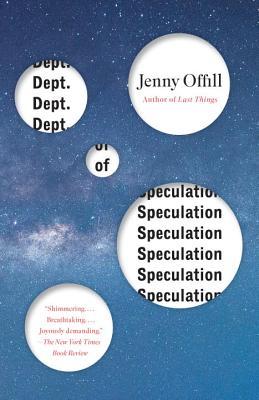
I wish I had come across this novel pre-hype. I think I’d read too many giddily besotted endorsements to give it a fair shot. (Offill’s new book, Weather is just out and also receiving big praise.) This book is loved because it explores art-making and its sometimes uncomfortable coexistence with marriage and motherhood, with wit and smarts in a collagey-form (that brings in, for example, facts about astronomy). I loved the first third , as a wonderfully distinct character and voice is established from the start, but I lost this sense by the last third or so, when it devolves into a story of a marriage attempting to survive infidelity, which was less interesting. No fault of the author, but the (white) Brooklyn-ness of it all put me off a little, and I also say this as a former long-time resident of gentrifying Brooklyn.
Provenance: Bought new at The American Book Center, Amsterdam
20. Gone Girl by Gillian Flynn (Broadway Books, 2012)
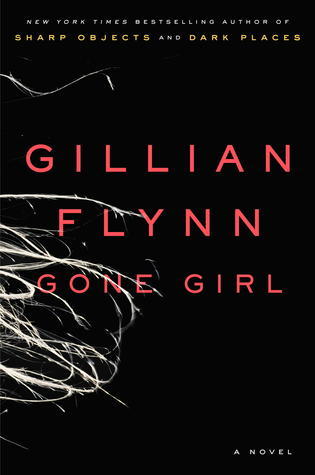
I have a bad habit of taking challenging books with me when I travel, thinking I’ll have uninterrupted time to focus on them on the plane, and in downtimes during family visits, etc. I then often end up avoiding the book because I’m jet-lagged, or overstimulated/tired from exciting travel and time spent with loved ones I don’t see often, etc. and cart them around for nothing, and then end up buying other, easier books on the trip. This December I decided not to take any books with me, but the plan backfired. I ended up casting around for something to read in rural Virginia where we were staying and went searching in the nearby free book library. Gone Girl was perfect – funny, fast-paced, not too cerebral to pick up between activities or before bed. I’d seen and enjoyed the movie and was curious about the full “cool girl” monologue. Aside from the obvious success of the page-turner aspects of the novel, Flynn wrote a believable dude character, and also captured a particular post-recession time.
21. Topics of Conversation by Miranda Popkey (Knopf, 2020)
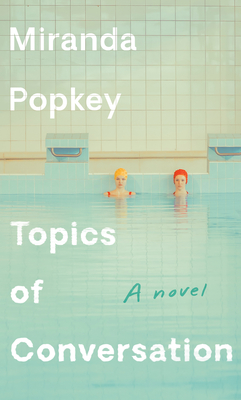
An impressive and ambitious debut novel, a work exploring ideas about women and power. I said more about it in a review for The Chicago Review of Books. In the review, I didn’t mention some of my lingering questions about its success as a work of fiction, as I wasn’t able to articulate them clearly, and it would have been unfair to include them. Essentially, I wasn’t convinced by the narrative voice, the reality of the narrator, her self-loathing and scorn for kindness. There are works of fiction that grab me from the first line, I’ll go anywhere with the narrator, and other times I don’t trust the fiction and keep my distance, I become skeptical about every claim; this book was right on the cusp of this line, I was never fully won over as a reader. I’d like to get better at identifying, understanding and writing about whatever magic a writer employs to make a voice “real” in this sense (both in works of fiction and nonfiction). Obviously, at some level, this becomes a question of taste, but still…
Provenance: Galley copy from the publisher
22. Hollywood’s Eve: Eve Babitz and the Secret History of L.A.
by Lili Anolik (Scribner, 2019)
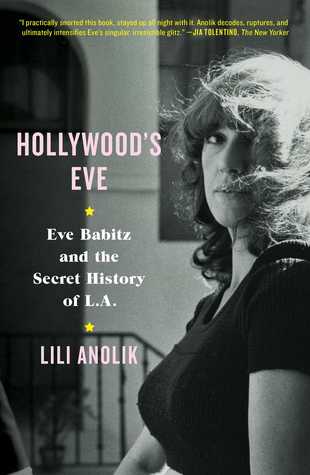
This sort-of biography is interesting insofar as Eve Babitz is fascinating, both her wild life and inventive work. Anolik warns in the first chapter that she won’t even feign any distance or objectivity about her subject, and generally approaches her material in her capacity as the fanatical president of the Eve Babitz Fan Club. It’s the maximum expression of the worst possible interpretation of the permission New Journalism gave writers, the centering of the journalist herself in the story.
Anolik was instrumental in reviving interest in Babitz (which eventually led to her work coming back into print) via a feature she wrote for Vanity Fair in 2014 after many years of pursuit, and while she deserves credit for this accomplishment, she sees it as giving her unique ownership over Babitz’ life and work. In the end, she does Babitz a disservice, as an authoritative biography (which she seems more than capable of as a researcher and writer) would have done much more for Babitz’ legacy than a book filled with Anolik’s opinions about key events and figures in Babitz’ life, including Joan Didion and Jim Morrison, whom she trashes. Most surprising, and disappointing, was Anolik’s curt dismissal of Babitz’ novels as essentially not worth reading. This is OK, though, Anolik explains in a digressive lesson on the history of literature, because the novel is dead, anyway… I would recommend this only to established readers of Babitz, otherwise best just to begin with Slow Days, Fast Company and go from there.
Provenance: Bought new at Spoonbill & Sugartown, Brooklyn
23. Summer House with Swimming Pool by Herman Koch (Atlantic, 2015, first published 2011)
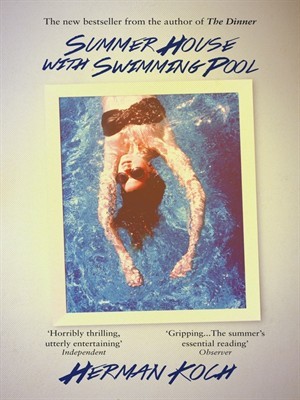
A suspense novel by the Netherlands’ best-known fiction writer, featuring a gratuitously unlikable narrator. I could have maybe forgiven the gross views espoused by the protagonist if the novel as a whole had held up plot-wise, but the story kind of collapses in on itself. I will say that Koch is good at writing tension. I wrote more about this novel here.
Provenance: Clearance sale at Van Stockum bookstore, Leiden (RIP)
2019 Reading Round-Up: Re-read
I found myself re-reading several favorite books last year, especially in the beginning of the year. This wasn’t a deliberate decision; I think was a way to find direction (the direction of my thoughts, writing, way of thinking). It’s also a heartening confirmation that I’m not keeping all of these books, carting them across oceans and to different apartments over the years for nothing – I will get back to many of them…
I haven’t included these in my ranking as it’s not fair to the books read for the first time, and it’s also impossible to determine any sort of preference among these – I value them all, but often for very different reasons. Five re-reads listed below in the order read.
RE-READ
Things I Don’t Want to Know by Deborah Levy (Notting Hill Books, 2013)
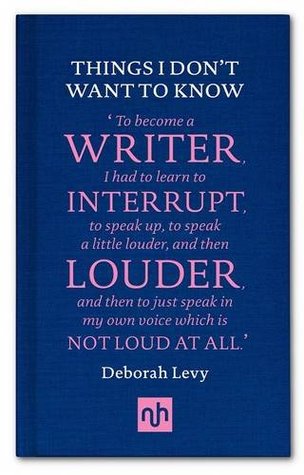
Playwright and novelist Levy’s account of her “origin story” as a writer, a response to Orwell’s essay “Why I Write.” It’s short, honest and powerful. This was my second read. I fell in love with this book in 2017.
The Lover by Marguerite Duras (Pantheon, first published 1984)
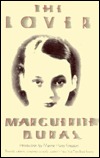
This was my third or fourth time reading this novella. It’s a guiding light of what can be accomplished in some 120 pages. Incredible compression, a whole life. My first read, I was around 20, and I was impressed by the assurance in the narrative voice and stunned by single paragraphs at a time, which were like incredible poems (the paragraph describing the narrator’s unstable mother attempting to raise chickens, the house falling into ruin, for example). The second time I realized how much it was a devastating love story about her mother, more than about the older man. This time I was more aware of Duras’ autobiography in the work, the kind of strength and defiance it takes to write through pain in this way. Again amazed by the authority in the voice, how I wouldn’t question it despite the drama (melodrama?).
I’ve been thinking about literary works I can’t “recover” from – their initial impact is so great, it’s hard to move beyond them to other works by the author. I just want to re-read the one, swim around in it, never move on. (Rather than happily diving into their whole oeuvre, which happens with other works.) This is one of those books. I own a couple of other novels by Duras but haven’t touched them, but maybe it’s time.
Susan Sontag: The Complete Rolling Stone Interview by John Cott (Yale University Press, 2013)
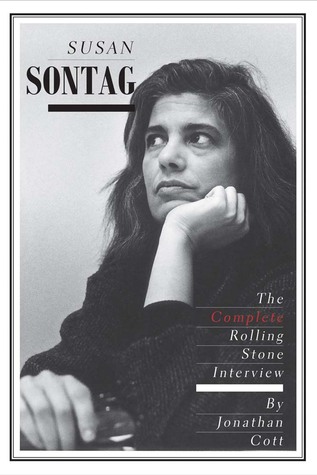
This book-length interview is bursting with ideas and questions from genius Sontag, it could certainly be read multiple times. The thought that stuck around with me this time is Sontag’s insight into the fragment – why the fragment is so compelling to us. It’s a sign of an old civilization, where so much has accreted that a fragment (whether visual or textual) can resonate with so much meaning… More thoughts on this book when I last read it in 2017.
Speedboat by Renata Adler (NYRB Classics, 2013 reprint, first published 1976)
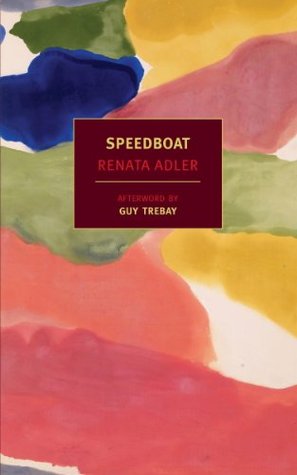
You could carve at least two completely dazzling prose poetry collections out of this experimental novel. Adler puts some lazy poets to shame by collecting all of this inventive, delicious prose into a single work. And it is indeed a novel, not in an explicit way, but there’s a protagonist, you get a sketch of her biography, her love life. It’s atmospheric – a paranoid, hung-over, sweltering, wayfaring existence in New York in the 1970s.
Anecdotal, minor gossip digression: I was lucky enough to see Adler at the Center for Fiction in 2014, when she had her big comeback and NYRB reprinted her work. She was shy and self-deprecating. Eileen Myles was in the audience and during the Q&A she essentially asked Adler why she was apologizing herself, took issue with her self-effacing manner. I didn’t really think about it till I got home, as I was excited that Eileen Myles was even there, but it dawned on me that Renata Adler should be allowed to talk however she wants, what kind of question is that?…
Also, when I went up to get my books signed, Adler said my name looked like the word “begin,” and signed them “To Begin–” which I love.
My Life in France by Julia Child and Alex Prud’homme (Knopf, 2006)
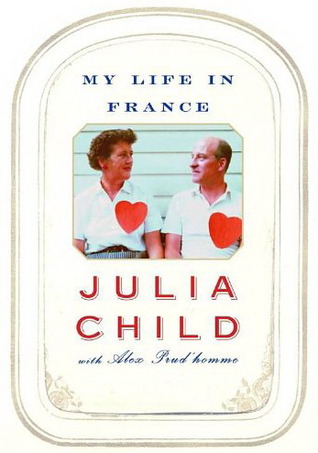
I think I picked this up to feel better last summer. Julia Child reminds you about everything that’s great about being alive, or maybe she makes everything about being alive seem great — travel, eating, marriage, work. That’s what struck me about this read, her supreme dedication to her work, her gratitude for discovering what she really loved to do. I also realized on this read that maybe classic French food is not for me, either to eat or cook — so rich, so meaty, so many organ meats, so many elaborate preparations…
ABANDONED
The Waves by Virginia Woolf
Woolf’s fiction is a big gap in my reading; I’ve only read Mrs. Dalloway (which was and remains important in to my reading/writing life). I must confess I abandoned The Waves just a few pages in, not because of the stream-of-consciousness style, but because it immediately introduces six characters who alternate speaking on every line. Many names on pages 1-2 immediately puts me off a book. I’ll have to return to this when my mind is calmer, maybe in like 20 years or so…
Master Class Podcast
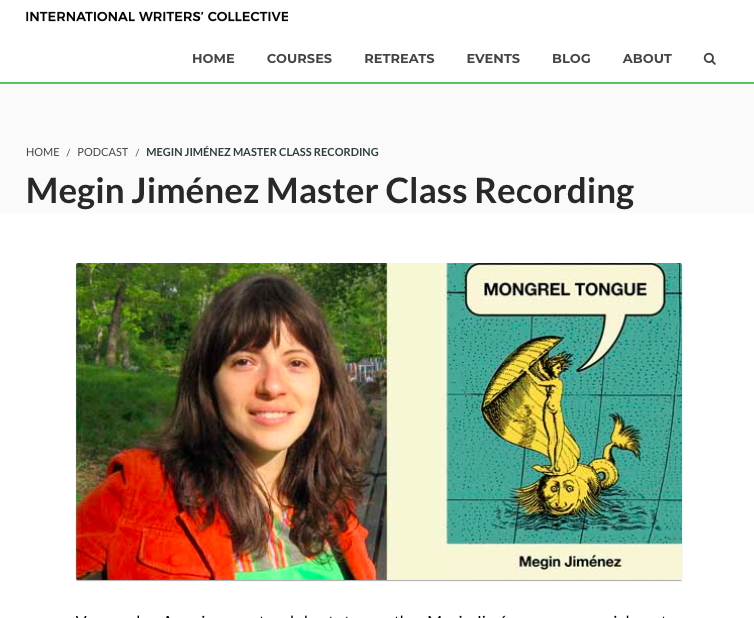
Here’s a link to a conversation I had in March with Sarah Carriger, the director of the International Writers’ Collective, the school where I teach. We cover getting unstuck, coming up with titles, keeping writing fun, dealing with self-doubt…
New Work in Your Impossible Voice
Review of The Beauty of Their Youth
It’s an awful time for many things at the moment, including a book launch. I hope reviews can help out a bit. This is one I wrote for The Literary Review, of a lovely short story collection by Joyce Hinnefeld.

Fiction in The Kenyon Review

I have a short-short story in the March/April issue of The Kenyon Review Online! Check it out here.

